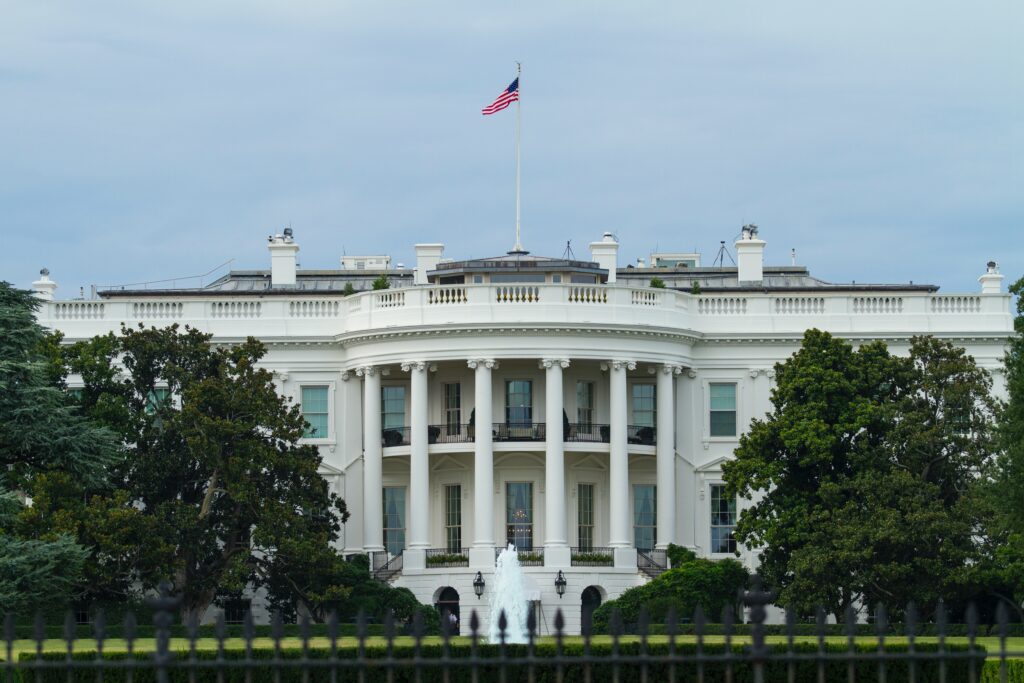Artificial intelligence, future of no standard


The rapid development of artificial intelligence (AI) has led to astonishing advances in recent years. Applications range from self-driving cars to personalized recommendation systems. But while AI is increasingly being used in many industries, there is also the question of the right standards to make AI use safer and more responsible. In this article, we look at the future of AI and what standards to expect. We discuss the problems of artificial intelligence systems and how to solve them.
What is Artificial Intelligence?
Artificial intelligence (AI) is basically a machine or software that is able to perform certain tasks that normally require human intelligence. For example, it can recognize patterns, understand language, or make decisions. Artificial intelligence systems use complex algorithms and statistical models to learn from data and evolve autonomously. They are used in many areas, such as medicine, finance or the automotive industry.
How does it work?
Artificial intelligence (AI) basically works on the basis of algorithms and mathematical models. First, Big Data is collected and analyzed to identify patterns and relationships. This information is then used to train the AI to perform specific tasks. Artificial intelligence systems can use various methods to learn. One of the most well-known methods is called deep learning using artificial neural networks. It mimics the human brain by connecting layers of neurons to recognize patterns and make predictions. Another important component of artificial intelligence systems is so-called machine learning. The goal is for the machine to learn from examples and evolve on its own. There are different approaches to this such as supervised, unsupervised or reinforcement learning. Once an AI is trained, it can independently make decisions or complete tasks for which it has been programmed. It can also solve complex problems for which human intelligence alone is not sufficient.
Ethical concerns regarding artificial intelligence
There are some ethical concerns about the development, usage and regulation of Artificial Intelligence, such as:
This list could include many other ethical considerations related to AI that need to be carefully considered to ensure the ethical development and use of AI systems.
What is the current legal situation?
The rapid development of artificial intelligence (AI) has led to an increased need for regulation worldwide in recent years. Many countries have now taken initial steps to regulate AI systems.
Currently, there is a direct demand from over 1000 scientists and experts in the form of an open letter, including Elon Musk and Apple Co-Founder Wozniak to suspend development on advanced AI for at least 6 months.

In April 2021, the European Union (EU) launched the Artificial Intelligence Regulation, which aims to regulate artificial intelligence systems classified as “high risk.” The regulation bans certain uses of artificial intelligence, such as biometric monitoring and social rating systems. In addition, AI systems deemed risky must undergo certification and compliance procedures before they can be used in the EU. However, the regulation has not yet entered into force and still requires approval from member states and the EU Parliament.
2022, among other things, legislative material was enacted on the subject of AI liability.

Currently, there is no comprehensive legislation for AI systems in the United States, but some states, such as California, have enacted their own laws. California’s privacy laws, for example, require companies to disclose their AI systems and inform users about how their personal data is used.
In 2022, an AI Bill of Rights was passed, but it has few applications and does not contain clear regulations for private companies.

In China, the government already adopted the “Artificial Intelligence Development Plan” in 2017, which promotes the development of artificial intelligence technologies and their application in various fields such as healthcare, education and transportation. The government is also currently working on a new law to regulate artificial intelligence technologies.
Other countries in the Asian region, such as South Korea and Singapore, are currently much further along in their development with regard to the regulation of artificial intelligence.
South Korea, for example, has already adapted its data protection laws in 2020 in such a way that the development of AI is possible to a regulated but still progressive degree.
Together with the economy, the politicians there have created a very “AI-friendly” environment.
In general, there are many initiatives around the world to regulate AI systems. Although some countries have already made progress, much remains to be done to arrive at a unified global approach. Regulation of AI systems is a complex task that requires careful balancing of technical, ethical, and social considerations to ensure that AI systems are developed and deployed ethically.
